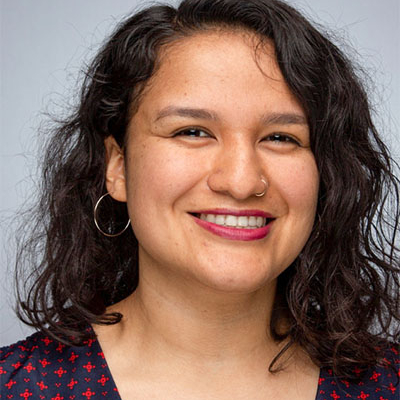
UCLA LPPI Centers Latinas in the Struggle for Reproductive Freedoms
UCLA LPPI Centers Latinas in the Struggle for Reproductive Freedoms…
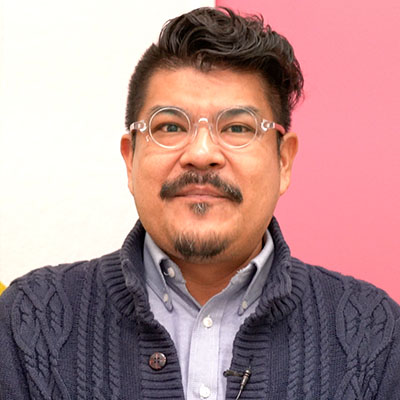
Cartographic Memory – w author Juan Herrera (video)
New book "Cartographic Memory: Social Movement Activism and…
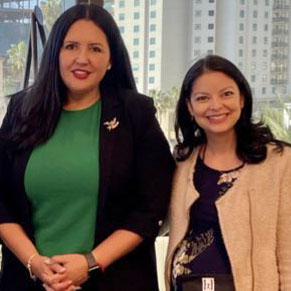
The Role of Hispanic Serving Institutions in Preparing the Leaders of Tomorrow
The Role of Hispanic Serving Institutions in Preparing the…
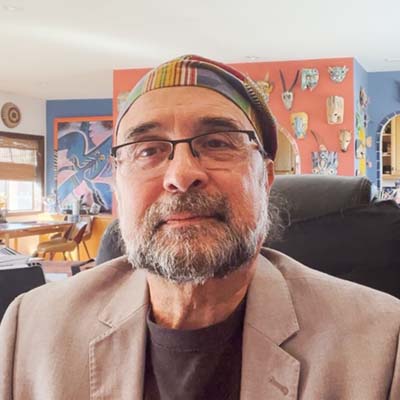
The Trump Paradox – w author Raúl Hinojosa (video)
The Trump Paradox: Migration, Trade, and Racial Politics…
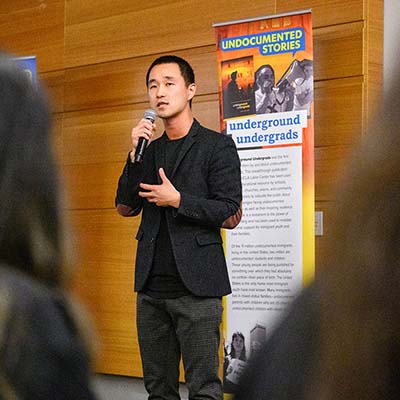
UCLA Labor Center hosts ‘Opportunity For All’ teach-in
On Nov. 1, the UCLA Labor Center co-hosted a teach-in about…
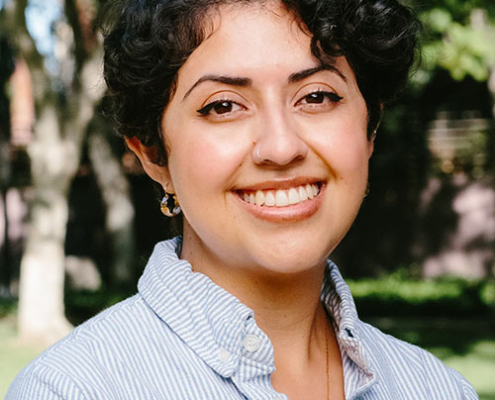
LPPI Staff Bring Insights and Accountability to Policymaking
New UCLA LPPI Staff Bring Insights and Accountability to Policymaking…
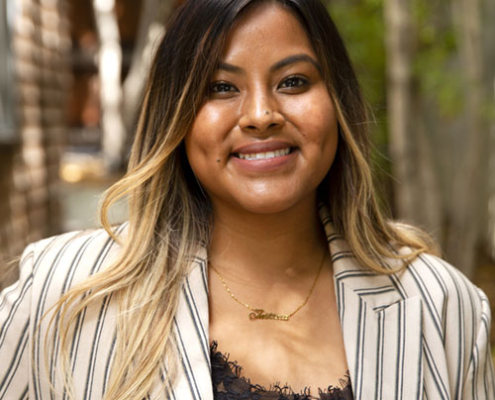
UCLA LPPI Policy Fellows Fight for an Inclusive Democracy
UCLA LPPI Policy Fellows Fight for an Inclusive Democracy During…
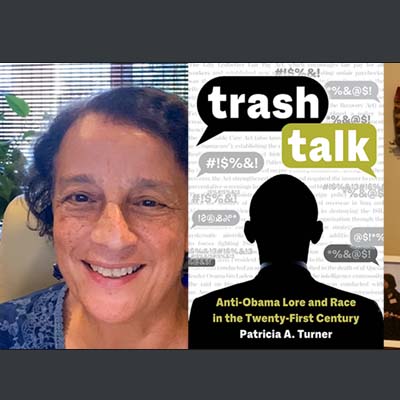
Trash Talk: Anti-Obama Lore and Race in the 21st Century – Video
"Trash Talk: Anti-Obama Lore and Race in the Twenty-First…
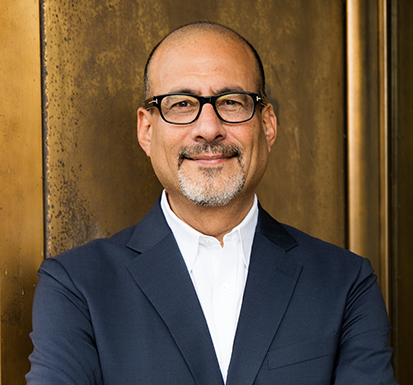
Engaging with the world: Q&A with Abel Valenzuela, interim dean of social sciences
Abel Valenzuela Jr. has been a faculty member in the UCLA…

UCLA LPPI Faculty Experts Shape the Narrative on Latino Communities with Prominent Coverage in Media
By Alise Brillault The UCLA Latino Policy and Politics…

